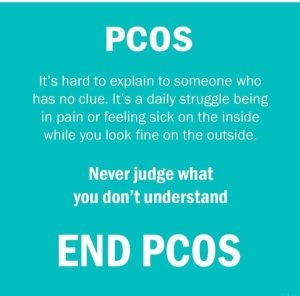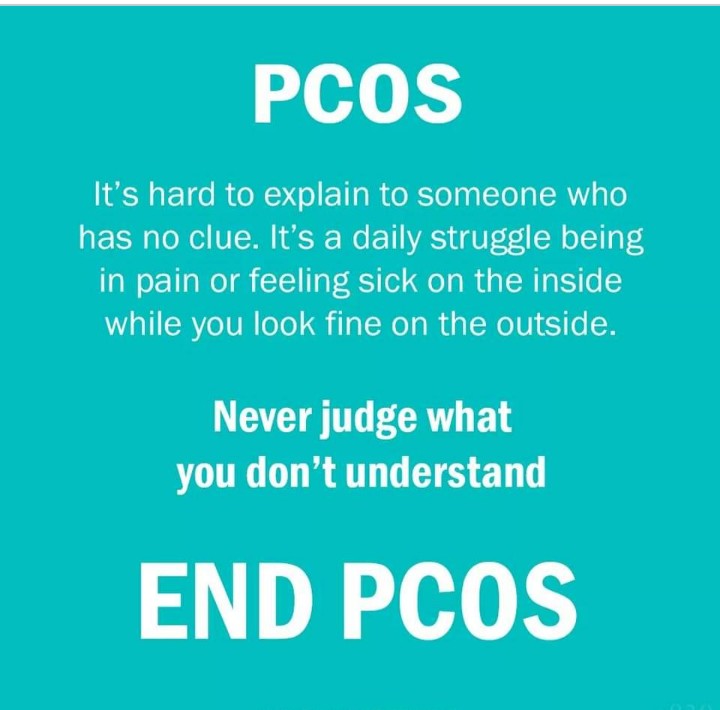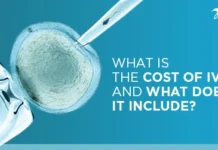Is PCOS sexually transmitted?
Polycystic ovarian Syndrome (PCOS) is not a sexually transmitted disease…PCOS is not an STD.
The true cause of PCOS is not not known but there are some risk factors that have been traced to the disease…like being overweight, hormonal imbalance, genetics (family history), and even diabetes.
Polycystic ovarian syndrome (PCOS) is a common hormonal condition and one of the leading causes of infertility, yet many women don’t know they have it. ⚠️ The condition may cause disruptions to the menstrual cycle, skin and hair changes, acne, weight gain, as well as cysts on the ovaries. 📝 Here’s your crash course on PCOS. 👇
🩺 Women with PCOS produce high levels of male hormones from their ovaries that affect the menstrual cycle and cause other symptoms.
🩺 The cause of PCOS is unknown, but it is thought this happens because increased levels of insulin affect how the ovaries work.
🩺 You are more likely to develop PCOS if you have a close family member with the condition.
🩺 There isn’t a simple test that diagnoses PCOS, so you will need to speak with your doctor to try and understand your symptoms.
🩺 Treatment depends on the main problems you have, and can involve medicines, cosmetic treatments, and lifestyle changes.
Did you know that 7 in every 10 women suffering from PCOS remains undiagnosed due to lack of awareness of PCOS symptoms?🤔There is no cure for polycystic ovary syndrome, but there are lifestyle and medical treatments to deal with the symptoms.
In the next article, we are going to look at the relationship between weight gain, obesity , weight loss and polycystic ovarian syndrome.
There are different schools of thought. While some believe PCOS has no relationship with weight, others think otherwise.
For more information about PCOS and who to speak to, head to the comments. ⬇️
























